News
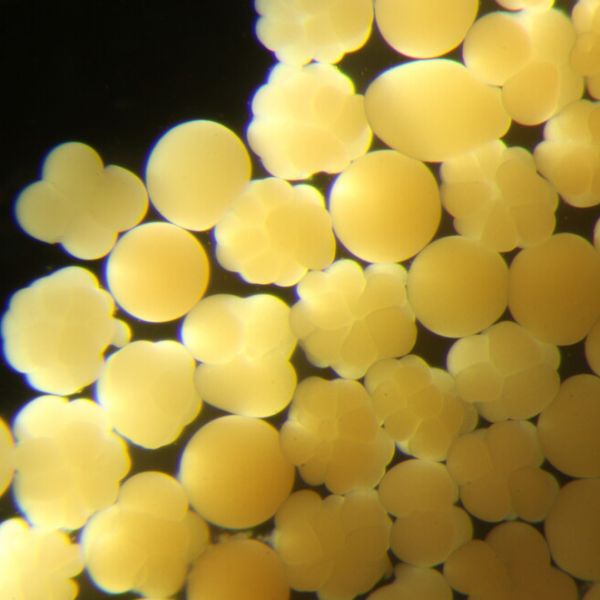
Sep 13, 2021
Long-distance relationships for endangered corals
Flash-frozen sperm collected from corals in Florida and Puerto Rico was used to fertilize coral eggs from hundreds of miles away in Curaçao. The technique could be used as a conservation tool by introducing genetic variation into endangered corals and potentially accelerating their adaptation to climate change.
Full Article

Aug 11, 2021
Global food security professor named to 'Most Creative People in Business' list
Entomologist David Hughes has been named to Fast Company's 2021 list for his innovative, impactful PlantVillage project.
Full Article

Aug 09, 2021
PlantVillage University Seminar Summary - Dr. James Legg and Cassava Viruses
PSU IBC graduate student fellow Kwadwo Amoah shares some of the research of Dr. James Legg from IITA-Tanzania. Dr. Legg's full lecture on vector-borne diseases of cassava can be viewed on Youtube: https://www.youtube.com/watch?v=zd7S2BLNHro
Full Article
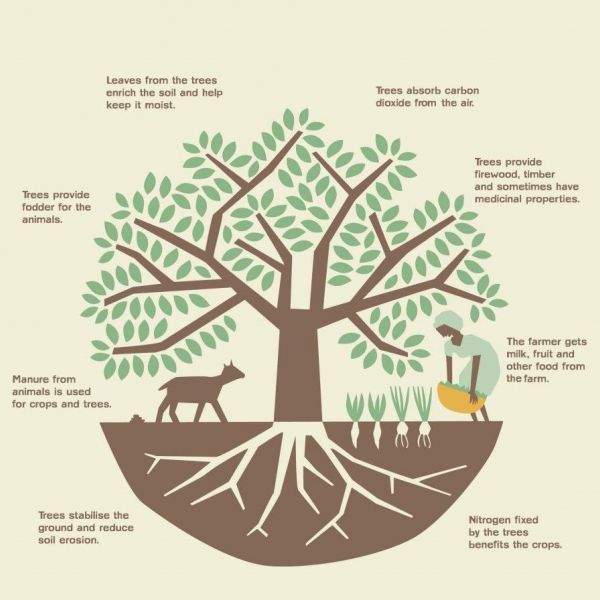
Aug 09, 2021
Agroforestry for Food Security and Climate Change in Africa
PSU IBC graduate student fellow Kwadwo Amoah shares some of the research of Dr. Phokele Maponya from the Agricultural Research Council in Pretoria, South Africa. Dr. Maponya's full lecture on agroforestry practices in Africa can be viewed on Youtube: https://www.youtube.com/watch?v=iEBeUBbCRks
Full Article

Jul 13, 2021
Macalady named Ecology Institute director
Microbe expert Jennifer Macalady replaces outgoing director Erica Smithwick, who oversaw the research unit for the past five years.
Full Article

Jun 30, 2021
David Hughes named Chair in Global Food Security
David Hughes, professor of entomology and biology in Penn State’s College of Agricultural Sciences and creator of PlantVillage, a knowledge platform that helps farmers combat pests and adapt to climate change, has been named the Dorothy Foehr Huck and J. Lloyd Huck Chair in Global Food Security in the University’s Huck Institutes of the Life Sciences.
Full Article
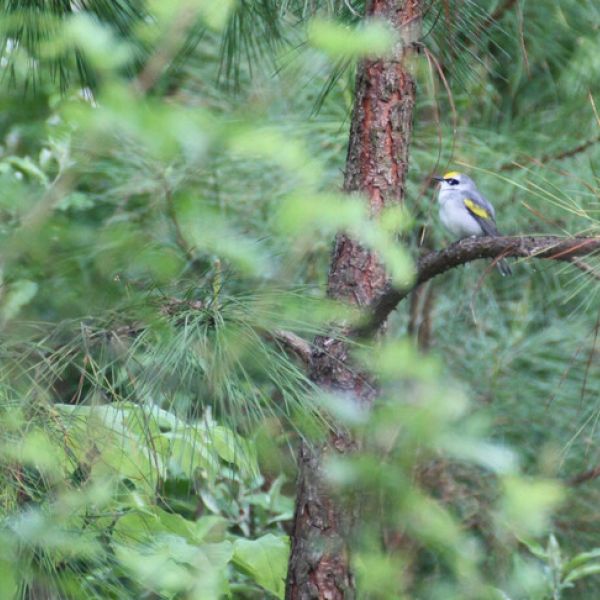
Jun 21, 2021
Weird warbler reveals genetics of its mismatched colors
An incredibly rare hybrid warbler with mismatched color patterns has allowed researchers to disentangle the genetic drivers of two traits that usually come as a package deal — the black face mask and the black throat patch in blue-winged and golden-winged warblers.
Full Article
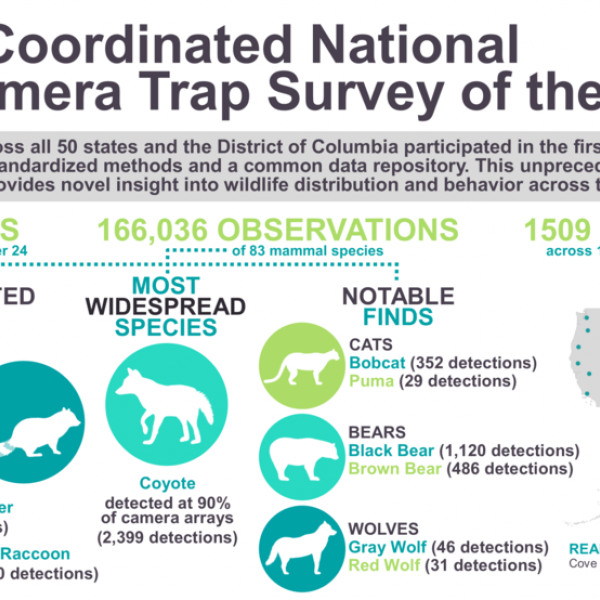
Jun 14, 2021
Snapshot USA: First-ever nationwide mammal survey now published
The results of the first national mammal survey, now publicly available online, provide the framework to answer a variety of questions about wild animal populations and conservation strategies for threatened species. The survey, which involved researchers from across the country including a biologist at Penn State, is made up of data from 1,509 motion-activated camera traps from 110 sites located across all 50 states.
Full Article
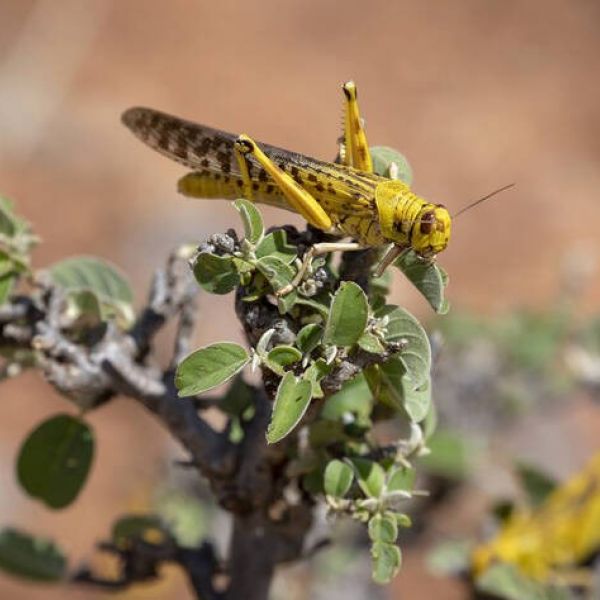
Jun 09, 2021
PlantVillage team lauded for projects to protect food supply amid COVID, locusts
Penn State researchers responsible for PlantVillage, a mobile app that helps farmers diagnose crop diseases and monitor pests, have been lauded for their work to help African farmers overcome challenges related to desert locusts and COVID-19.
Full Article
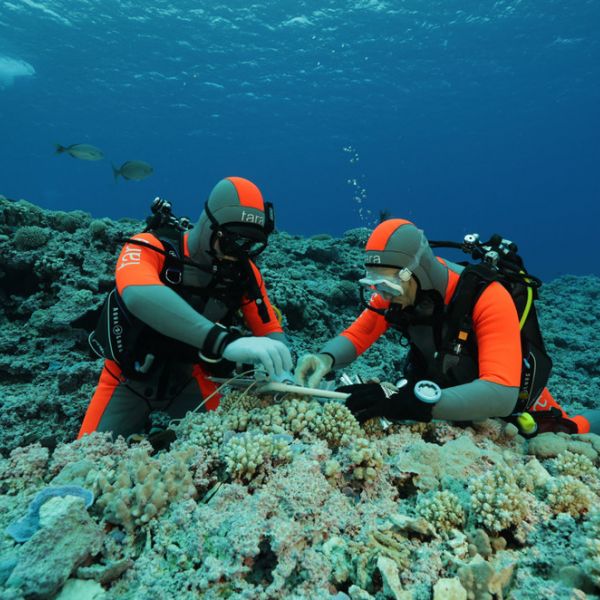
Jun 03, 2021
Penn State biologist and colleagues receive $4M to identify heat-tolerant corals
An international team that includes Penn State biologist Iliana Baums has been awarded a $4 million grant from the Paul G. Allen Family Foundation to identify corals that are naturally resilient to climate change. This is one of four newly funded projects supported by the foundation that are focused on the conservation and restoration of coral reefs in the context of the climate crisis.
Full Article